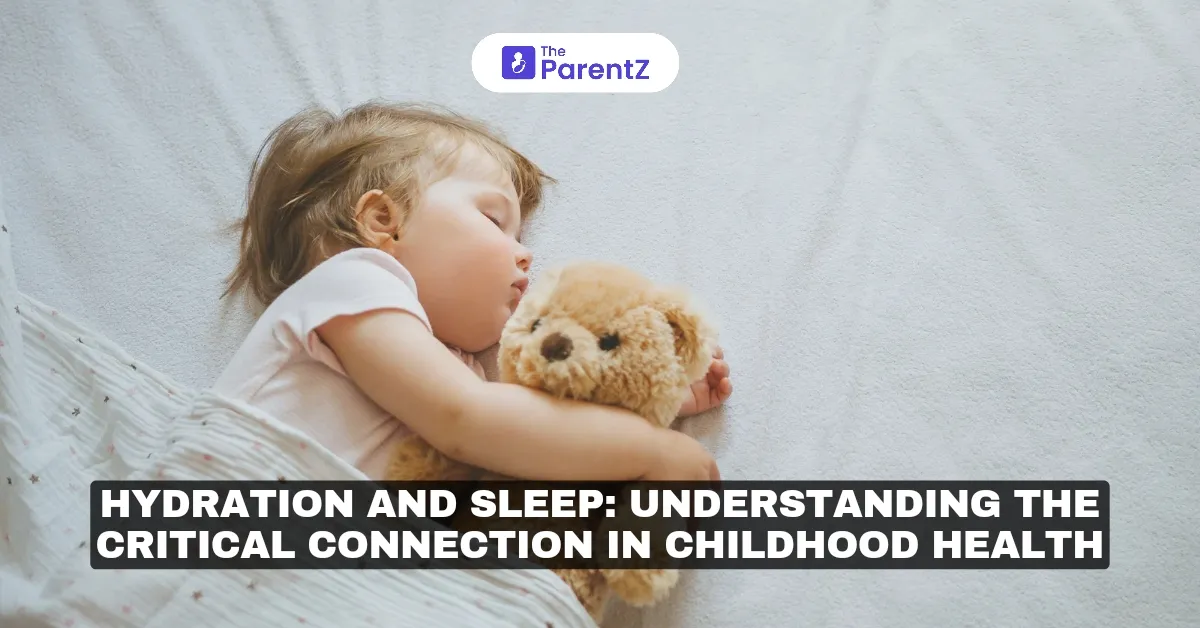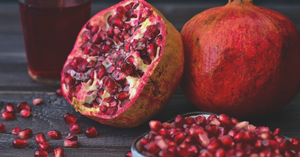We all know that drinking enough water is important for our health, but did you know that staying hydrated can also help your child sleep better? Hydration plays a big role in how well children sleep, and understanding this connection can help parents ensure their kids get the rest they need. Let’s dive into how hydration affects sleep and what you can do to keep your child well-hydrated.
Why Hydration Matters for Sleep?
When kids don’t drink enough water, it can lead to some uncomfortable feelings that make it hard for them to fall asleep. Dehydration can cause dry mouths, headaches, and even muscle cramps—all of which can keep a child awake at night. Plus, if they’re thirsty when they go to bed, they might wake up during the night looking for something to drink.
Hydration also helps the body regulate temperature. If a child is dehydrated, their body might struggle to cool down, making it tough for them to get comfortable and drift off to sleep. On the flip side, when kids are well-hydrated, their bodies function better overall, which includes getting good quality sleep.
How Much Water Do Kids Need?
The amount of water your child needs depends on their age:
- Infants under 6 months: Usually get enough hydration from breast milk or formula.
- Toddlers (1-3 years): About 4 cups (32 ounces) of fluids each day.
- Preschoolers (4-5 years): Around 5 cups (40 ounces).
- School-aged children (6-12 years): About 7-8 cups (56-64 ounces).
- Teenagers (13+ years): 8-11 cups (64-88 ounces), depending on how active they are.
It’s better for kids to sip water regularly than wait until they’re really thirsty.
Tips for Keeping Your Child Hydrated
Here are some easy ways to help your child drink enough water:
- Make Water Easy to Reach: Keep a water bottle or cup nearby so your child can grab a drink whenever they want.
- Add Some Flavor: If your child doesn’t like plain water, try adding slices of fruit like lemon or strawberries. This can make drinking water more fun!
- Include Hydrating Foods: Foods like watermelon, oranges, cucumbers, and lettuce have lots of water in them and can help with hydration too.
Watch for Signs of Dehydration
It’s important to know when your child might need more fluids. Look out for these signs:
- Dark yellow urine or not going to the bathroom often.
- Dry lips or a dry mouth.
- Feeling tired or cranky.
- Headaches or dizziness.
Timing Matters
While it’s important for kids to stay hydrated, be mindful of when they drink. Encourage them to drink throughout the day, but try not to let them gulp down a lot of water right before bed. This way, they’re less likely to wake up in the middle of the night needing to use the bathroom.
What to Avoid?
Here are a few things you might want to steer clear of:
- Sugary Drinks: Limit sodas and sugary juices. They can actually make dehydration worse.
- Caffeinated Beverages: Drinks like soda or energy drinks can keep kids awake and should be avoided.
- Overhydration Before Bed: While hydration is important, too much fluid right before sleep can lead to frequent trips to the bathroom.
The Connection Between Hydration and Sleep
It’s interesting how hydration and sleep affect each other. If your child isn’t sleeping well, it could lead to dehydration because they might sweat more or breathe heavily at night. On the other hand, if they’re dehydrated during the day, it could make it harder for them to get good sleep at night. That’s why it’s important to focus on both hydration and sleep habits together.
Conclusion
Keeping your child hydrated is crucial for helping them get a good night’s sleep. By encouraging regular water intake throughout the day and being mindful of what they drink before bedtime, you can support their overall health and well-being.
Remember, every little bit helps! By teaching your children about the importance of staying hydrated now, you’re setting them up for healthy habits that will last a lifetime. So grab those water bottles, and let’s toast to better sleep!








Be the first one to comment on this story.